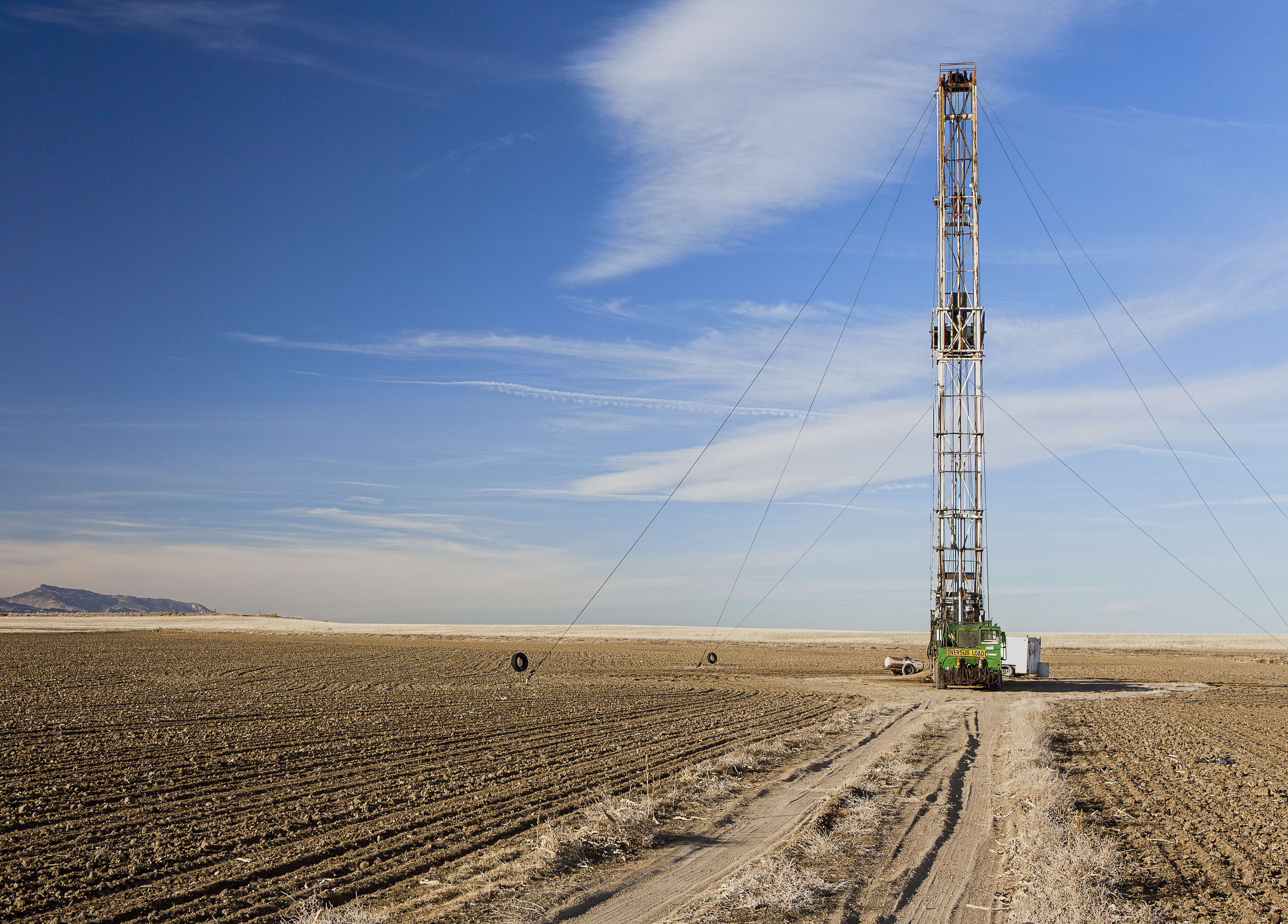Understanding the Microbiology of Hydraulically Fractured Shales
Driven by rising energy costs, the global production of natural gas from onshore shale reservoirs has increased significantly over recent years. At the same time, research has confirmed the existence of active microbial communities in fractured shale environments.
In association with Natural Environment Research Council (NERC) Research Fellow, Dr Sophie Nixon, and her team in the Department of Earth and Environmental Sciences at The University of Manchester, we are actively investigating the microbiology of hydraulically fractured shales.
Creating new microbial habitats
The drilling and hydraulic fracturing for shale gas introduces the microorganisms, energy sources, water and space necessary for microbial life – and it is the microbiological life forms which inhabit fractured shale formations that can result in biofouling, with higher production costs, reduced efficiency, as well as the potential for environmental damage.
Similar to conventional oil production, where the introduction of sulfate-containing water during secondary recovery can propagate microbial life, the presence of bacteria in injected fluids during fracturing can assist the creation of new microbial habitats in the hydraulically fractured subsurface. During the hydraulic fracturing process, the injected freshwater can interact with salts and brines within the rock, resulting in salt-tolerant microorganisms which are able to endure extreme downhole conditions.
The result is biofouling, which includes the formation of corrosive metabolic by-products, particularly sulfide and organic acids, as well as the clogging of fractures and reduced sensitivity to biocides. As a powerful corrosive agent, sulfide sours gas. More difficult to eradicate than in oilfield souring, it is also highly toxic and flammable, with the potential for environmental and equipment damage, and the need for enhanced injection chemistry.
Our work with the Department of Earth and Environmental Sciences aims to provide a better understanding of the behaviour of microbial communities collected from flowback and produced fluids, including whether or not their colonization of fractures reduces total gas yields, what effect pressure and temperature (P/T) have on microbial metabolic processes, the potential interaction of pyrite with oxidising additives – and if shale geochemistry has the potential to sustain microbial communities long after additives have depleted. To find out more, please get in touch.


